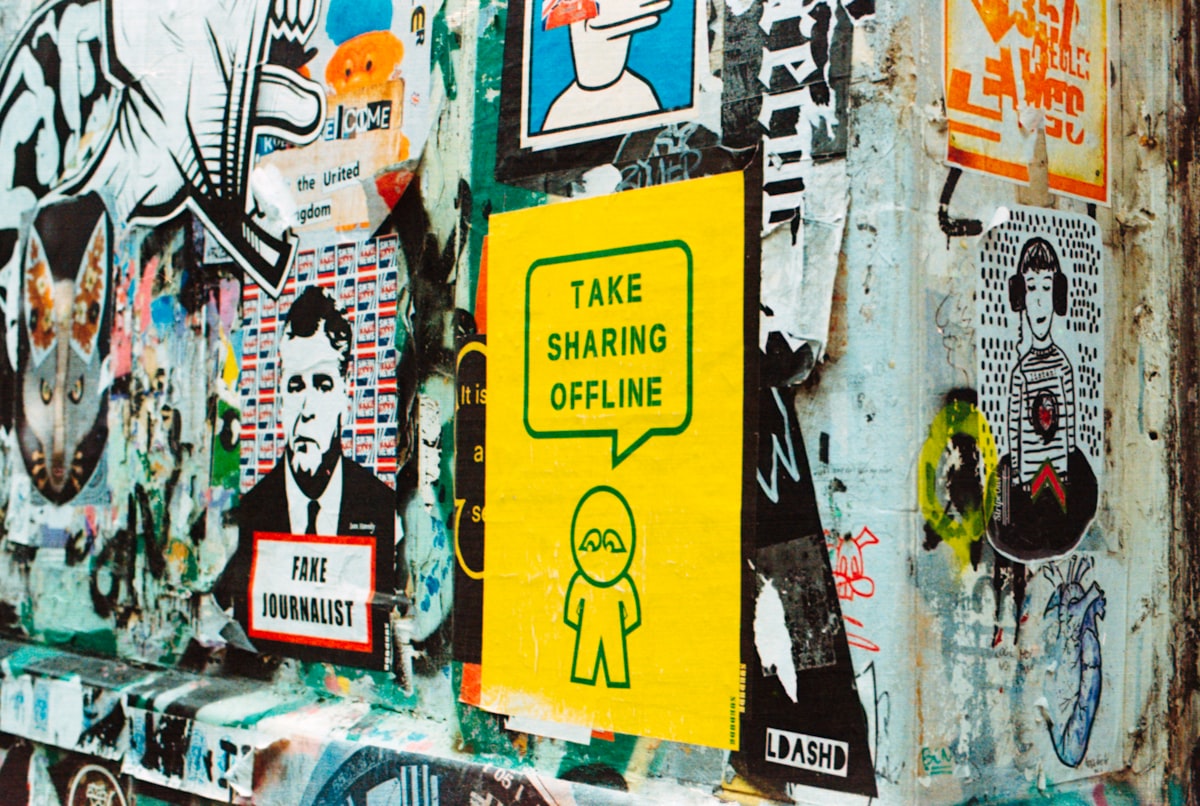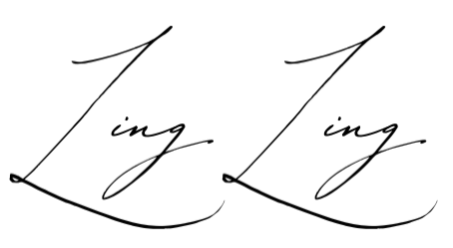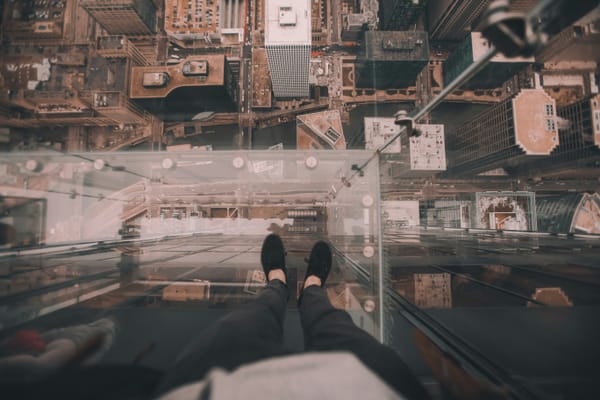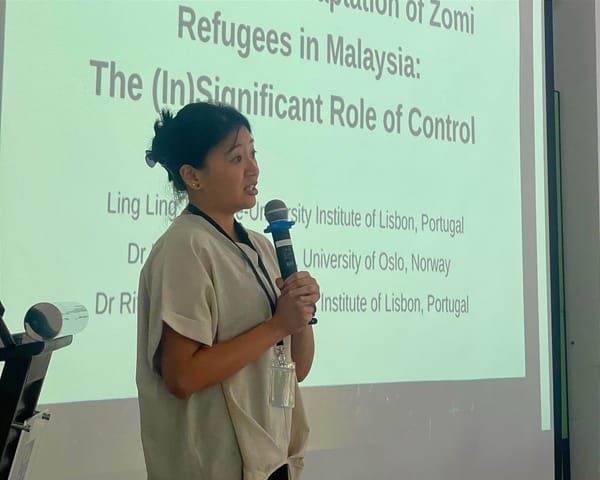Overwhelmed And Losing Your Focus? Go Offline

On a typical non-COVID19 day, I'd spend two hours or more on my smartphone and many more hours on my laptop for work. I'd mindlessly scroll through social media, click on likes, reply to chats, post photos, watch video clips or search the web in search of the meaning of life.
Hours go by unnoticed because isn't social media part of modern life?
Then COVID19 struck.
Almost overnight, the world was forced online. Screens were flooded with ads or influencer videos or self-made millionaires/gurus, all enticing or begging to you buy their product, service or lifestyle. Or with news of Trump. The chasing of daily COVID numbers and quarantine meant more screen time than before. More screen time meant unlimited and uncontrollable amounts of information.
Even though in physical confinement and semi-isolation, my world became noisy and overwhelming. More fatigued, less focused, restless and emotional. My emotional and mental well-being quickly deteriorated. Social media burnout is real.
There has to be a way to maintain sanity and peace in an indefinite quarantine. We didn't know how long the pandemic would last.
Fortunately, the universe works in mysterious ways. Solutions synchronously appeared that my idiotic human brain is unable to conceive in times of stress. Three serendipitous encounters nudged me towards the digital-minimalist life; a newsletter, a conversation and a book.
Newsletter
Alexandra Franzen's newsletter, whose writings I greatly admire, appeared in my inbox. She wrote about the amount of time she spends on social media and how much more time for the rest of her life. Shocked by the number, she started with short breaks from social media before she finally decided to quit entirely.
I did my calculations too. If I've lived till 75 years, I will end up spending 2.2 million minutes, or 1584 days or 4.3 years, on social media. It's the same amount of years needed to graduate with a bachelors degree.
How could this be? How could such an innocuous and ubiquitous activity drain so much of life away?
The number wasn't encouraging. This simple calculation made me reflect and examine my digital life.
How do I want to spend my days? Is this essential? What would happen if I stopped doing this or that?
Conversation
When in trouble, always call a trusted friend for help. So, I sought advice from a good friend of mine, a social media influencer, about social media burnout. I wanted to know if social media burnout is real and needed some guidance on managing it. The advice received stunned me.
Take a break. I've stopped for six months to take care of my health and to find my creativity again.
Nobody asked why. Nobody cares if you disappear from social media.
The advice was neither bitter nor regretful. It was matter-of-fact. People don't forget out of spite. They are equally overwhelmed and hooked on the endless feed, like a patient on a drip.
In reality, it is nearly impossible to remember every single person who "liked" your post or sent an encouraging comment. Likewise, it's difficult to remember every post you have liked or commented on.
When you disappear from the online world, if you're lucky, a handful of people might take the time to reach out and check in with you. Then you will know who truly cares.
The Book
In quarantine, I've re-discovered the best thing ever, the public library. Singapore National Library has the widest selection of ebooks, perhaps in the world. As with many other apps, it came with a gallery of recommended books. Cal Newport's Digital Minimalism appeared. Intrigued, I clicked borrow.
Digital minimalism's fundamental principle is that less is more with our devices and our online life. Digital tools should be used to support our true values, our real work and achieve our goals. They are not meant to be an end in themselves.
Through digital minimalism, there is the opportunity to find clarity, focus better, discover real friendships, and feel much better about yourself.
The apps and platforms are intentionally designed to program people's behaviour. Recently released Netflix's documentary called Social Dilemma supported Newport's theory. The documentary included interviews of people who have shaped the social media industry. The apps are designed to steal people's attention and pry them away from living for their commercial gain.
I was sold! Newport suggested the digital decluttering process: stop using addictive apps and websites for 30 days and use my spare time for other things. After 30 days, I only incorporate apps or websites that support my goals.
After 6 months, then a year...
30 days became 60 days. 60 days became 90 days. 6 months and now a year. I will most likely continue indefinitely.
What's become of my social media? I haven't deleted my accounts, but it is inactive and private. Only LinkedIn is public.
I feel less overwhelmed, less stressed and less anxious. There is more space to reflect, more time to read books, more (honest) conversations. This extra time and headspace helped to build genuine friendships and focus on the things that matter.
The biggest lesson learned is intentionality. We should always be intentional in everything we do and select tools and activities that support our values and goals. Everything else doesn't matter. As Newport says
The reality, however, is that they literally have no good reason to be on social media!
Note: This article was previously published on linglingtai.com, which have now merged into this website.





